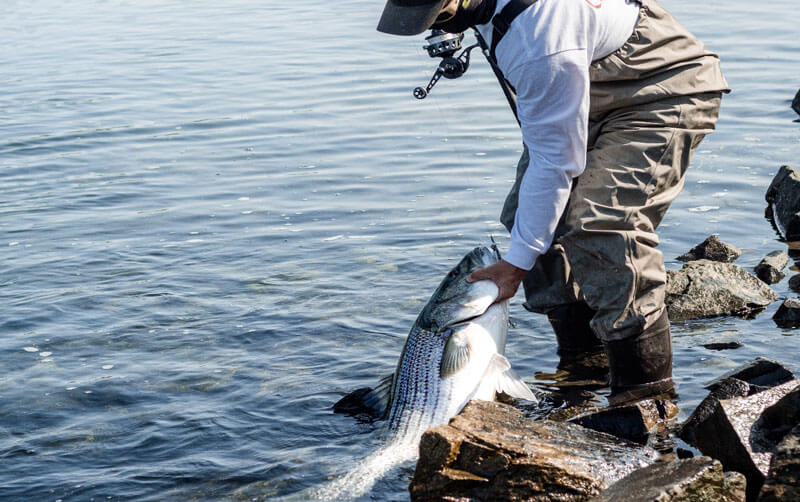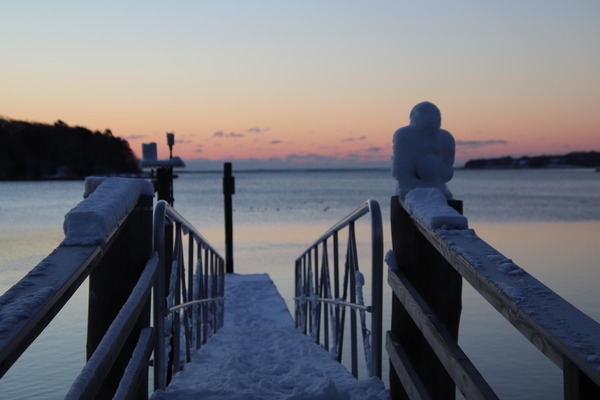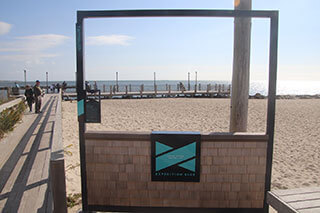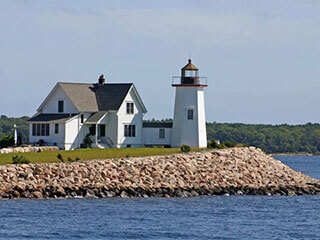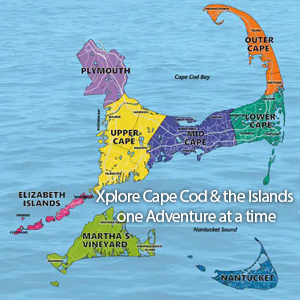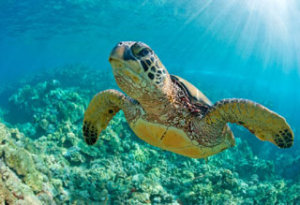 Have you ever come upon a stranded sea turtle or seal when walking along Cape Cod beach in the off season? Now and throughout the cold winter months, Cape Cod becomes a coastal hotspot for stranded sea turtles and seals. The number of turtles cold stranding has been increasing in recent decades according to the National Marine Life Center, located just across the Cape Cod Canal in Buzzards Bay.
Have you ever come upon a stranded sea turtle or seal when walking along Cape Cod beach in the off season? Now and throughout the cold winter months, Cape Cod becomes a coastal hotspot for stranded sea turtles and seals. The number of turtles cold stranding has been increasing in recent decades according to the National Marine Life Center, located just across the Cape Cod Canal in Buzzards Bay.
Since their founding in 1995, the National Marine Life Center, now over 5,000+ members strong, has rehabilitated and released over 10,000 animals. Volunteers and professionals patrol the Cape Cod beaches during the stranding season, rescuing affected turtles and providing them with medical care and rehabilitation. The Center also depends upon the proactive response from beach walkers in reporting the stranding of cold-stunned turtles and mammals, which can make a positive impact on the conservation of these endangered species.
Types of Stranded Sea Turtles and Seals
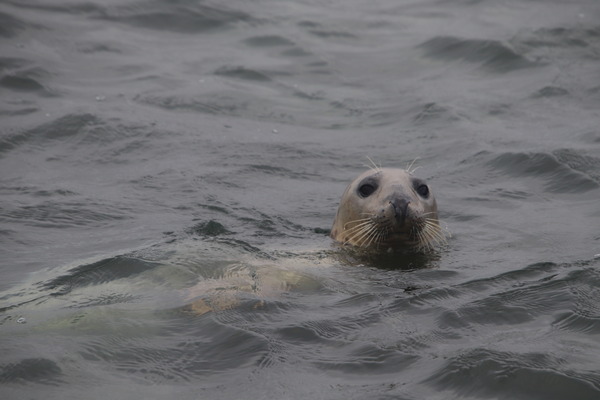 When ocean water temperatures drop below the sea turtles’ or seals’ preferred range, they may become cold-stunned, causing them to become immobilized and wash ashore, often in a weakened state. Cold-stunned turtles are at risk of various health issues, including pneumonia, dehydration, and other complications without human intervention.
When ocean water temperatures drop below the sea turtles’ or seals’ preferred range, they may become cold-stunned, causing them to become immobilized and wash ashore, often in a weakened state. Cold-stunned turtles are at risk of various health issues, including pneumonia, dehydration, and other complications without human intervention.
Sea turtles, particularly juvenile Kemp’s ridley and loggerhead turtles, migrate along the eastern coast of the United States and may enter Cape Cod Bay during the late fall. As winter approaches, the water temperatures in the bay drop significantly, and turtles can become trapped in the Cape’s hook-shaped geography, making it difficult for them to navigate back to warmer waters.
The endangered Kemp’s ridley sea turtle is the most prevalent species to strand. Other species the National Marine Life Center rescues and rehabilitates include the Loggerhead Sea turtle, Green sea turtle, Hooded seal, Harp seal, harbor seal, Grey seal, Northern red-bellied cooter, and Diamondback terrapin.
Cold-Stunned Turtle Season Approaches
The iconic hook shape of the Cape can trap migrating species including whales and turtles in the waters of Cape Cod Bay. The colder water and air temperatures this time of year pose a significant risk of cold-stunning for sea turtle species. When the cold-blooded, or ectothermic, sea turtles spend too long in cold waters they become stunned, unable to swim, hunt, or move to warmer waters.
If you come across a cold-stunned turtle or mammal while walking on the beach, do not attempt to handle it yourself. Call the National Marine Life Center or the International Fund for Animal Welfare authorities immediately to report the stranding.
National Marine Life Center’s Education Work
The National Marine Life Center also has an emphasis on science and education, working to advance our understanding of marine wildlife health and conservation. In addition to their work with marine wildlife, the National Marine Life Center has worked to educate over 7,500 students on the challenges facing marine wildlife, the importance of conservation, and on the efforts to research and study marine mammals and sea turtles. The National Marine Life Center has also removed over 3,000 tons of waste and marine debris from beaches.
On the science front, the National Marine Life Center is working to further the understanding of marine animal health, behavior, and threats. They are studying marine animal parasites, and closely studying the cases of the marine animals they are rehabilitating.
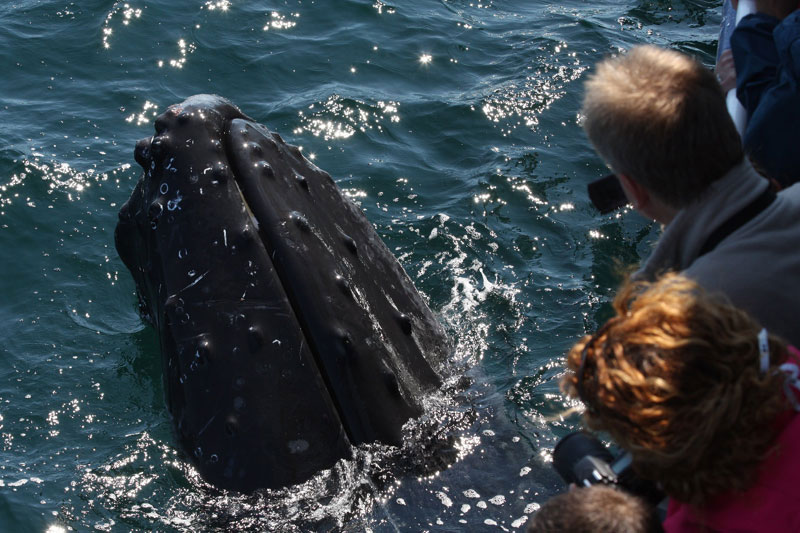
How to help the National Marine Life Center
If you’re interested in supporting the work the National Marine Life Center is doing, consider donating to help feed and care for the rescued marine mammals and turtles or purchasing something from their online gift shop. You can also become a member, intern, volunteer to help out or make a monetary donation!
If you want to learn more from home, be sure to check out the National Marine Life Center’s Virtual Discovery Zone. This provides activities and on-demand virtual programs, as well as coloring pages! They also have annual events like the Feet For Flippers 5k and open houses throughout the year.



